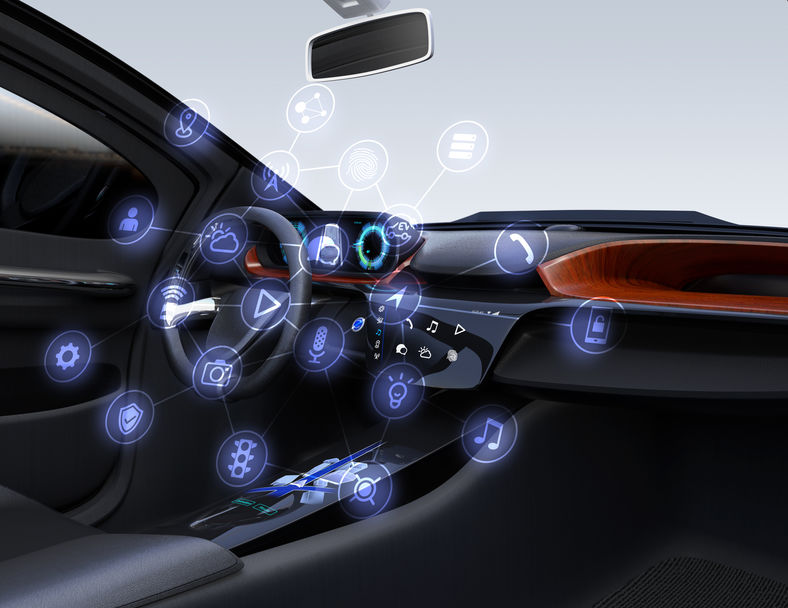The European Commission has published a report by an independent group of experts on the Ethics of Connected and Automated Vehicles (CAVs). Who should be responsible in case of a collision when there is no human driver? How can ethical and responsible data sharing by CAVs be ensured? Are pedestrians and cyclists more at risk with CAVs in traffic? In this new report, the Expert Group outlines twenty recommendations on road safety, privacy, fairness, AI explainability, and responsibility for the development and deployment of connected and automated vehicles.
With the strategy on Connected and Automated Mobility, the European Commission aims to make Europe a world leader in the development and deployment of connected and automated vehicles. These vehicles can bring down the number of road fatalities to near zero; increase the accessibility of mobility services, and help to reduce harmful emissions from transport by making traffic more efficient.
In order to reach these goals, a number of technical, regulatory, and societal challenges have to be addressed before CAVs can be safely deployed. In 2019, the Commission formed an independent Expert Group to advise on ethical issues raised by driverless mobility. The group has now published its report with 20 recommendations covering dilemma situations, the creation of a culture of responsibility, and the promotion of data, algorithm, and AI literacy through public participation.
Under the Horizon Europe program starting in 2021, research and innovation on Cooperative, Connected and Automated Mobility will remain a key priority. By leveraging the digitalization of transport with smart, shared, connected, and automated mobility systems and together with the European Green Deal, Europe is set to lead the twin digital and green transition towards becoming the world’s first climate-neutral continent by 2050. EU values and principles need to be at the core of these new technologies to ensure their ethical use and positive impact. The ability to reach a just, sustainable and inclusive society depends on them.
For further information and the report, click here
Source: European Commission


